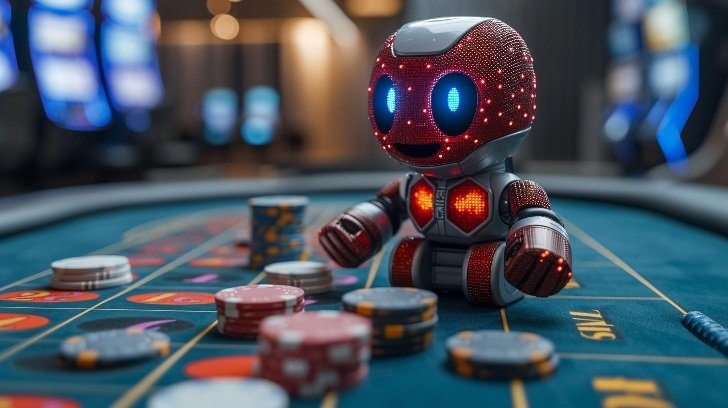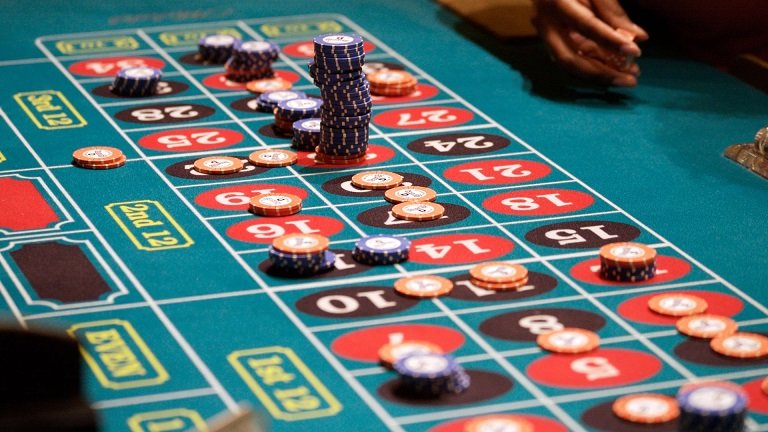The esports community views players as contemporary competitors who compete before enthusiastic fan bases. All of their actions, along with all decisions,s to analysis from both fans and discussion panels. Every stake these players possess, including establishment identity and earnings potential, and public recognition,n makes them carry substantial tension throughout their performances. What strategies and techniques do they use to remain peaceful during such intense, stressful situations? The following provides insight into esports psychology to determine the matter at hand.
The Psychological Hurdles of Esports
Esports players are under a lot of pressure inside and outside the game. Unlike in traditional sports, where the audience is usually far away, esports players have an audience that is always watching their screen. One mistake, and they are instantly in the spotlight. Players sometimes turn to resources like the online casino site BD for relaxation or strategic thinking exercises, whether competing or simply training. The fear of failing is highly overwhelming, and every game seems like a matter of life or death.
Criticism from coaches, fans, and sponsors is heavy on the shoulders of esports players. Criticism on social media is what might push players over the edge. If players do not have the right mindset and are mentally strong, it is effortless to suffer from burnout. These persistent psychological challenges must be addressed; otherwise, they will perish in a competitive environment.
The Importance of Preparation in Mental Strength
Confidence in esports comes primarily from preparation. Mental and physical readiness during the game is essential and makes players sharper and more focused. Some key strategies include:
- Game reviews: Go over previous matches to collect their strengths and weaknesses.
- Practice routines: Developing a habit while doing structured practice sessions.
- Simulated pressure: Provide a similar scenario that captures the stress within a specific limit.
By combining these training sets, players are already mentally prepared for competitions. Many also find inspiration and strategies from platforms like Melbet Instagram, where they can connect with the broader esports community. This approach lessens their chances of catching up in the spotlight’s frenzy.
Building Resilience Under Public Pressure
Watching competitive play from millions of spectators at once represents an extraordinary experience which puts heavy stress while everyone scrutinizes player actions. Beating the competition requires complete mastery of a certain skill together with strong mental endurance. The highest competition level requires players to maintain composure as a necessary element for reaching excellent performance levels. The required strengths emerge from proper preparation combined with self-discipline which successfully eliminates every source of outside disruption.
Staying Focused During Matches
Successful esports performance requires players to maintain constant focus throughout their actions. Players need to decide within split seconds while having prepared multiple match-plan possibilities. Different kinds of distractions including noisy spectators as well as game disruptions or psychological doubts can cost the outcome of a competition. Athletes who want to handle their anxiety in the moment usually utilize mindfulness practices including visualization along with deep breathing.
The essential part of successful gameplay lies in comprehension of the game’s natural progression. Players who pay attention to timing and rhythm demonstrate better performance when facing pressure situations. Athletes eliminate stress from their attention by concentrating only on the game action instead of letting their minds run wild. Mental clarity during crucial stages of matches usually decides the match winner and loser status.
Balancing Outside Influences
Sustained performance becomes daunting for esports competitors since their every action faces extreme evaluation from supporters along with sponsors and media observers. Most athletes establish individual targets before they try to reach their established milestones. The focus remains on personal improvement instead of following public expectations of these athletes.
Social media provides us with simpler and more difficult conditions at the same time. The instant access to millions of people provides athletes with driving support or unfavorable criticism in equal measure. Promising players address this situation through the use of team managers and relations managers who restrict their media exposure. The athletes use these restrictions to stay focused on their athletic pursuits without disruptions from external events.
The Role of Community
Every successful esports player requires a strong and supportive team behind them. The team and fellow players are needed for more than just strategy; they are also necessary for emotional stability. The pressure of millions of viewers watching at once can be challenging, so teammates coming together to help ground the player is essential. Players will be reminded to trust the training and concentrate on the game.
In esports, this behavior is known as isolation and a mental trap. Teams must communicate freely to develop trust and lower their stress levels. Coaches help by managing their players’ mental and gameplay weaknesses. Such teams emphasize mental well-being to ensure their players can convert pressure into performance.
Psychological Strength Development
Talent alone is insufficient; the gamer must also be able to develop psychologically. A player who perseveres through every obstacle as an opportunity for growth. This gives them an edge over their competitors because people with the right mindset can convert pressure into confidence.
It is essential to understand that the process of becoming psychologically intense is never truly finished, and that is its beauty. Growth does not mean being impervious; it means learning how to move, win, and survive through chaos.
Read More Blogs:-)













